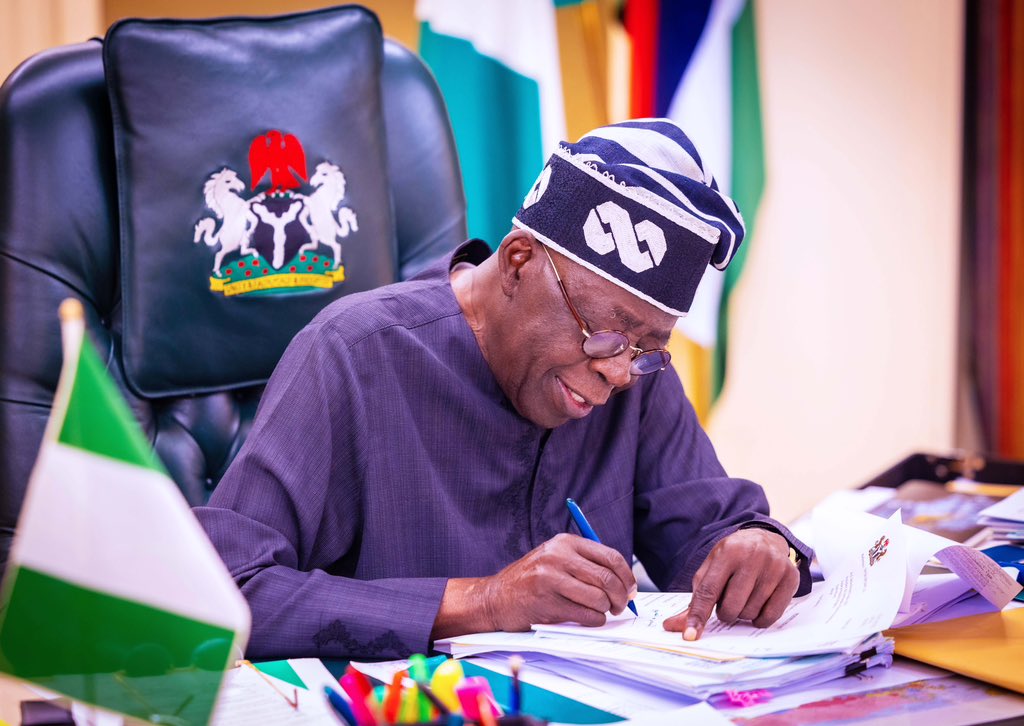The Federal Government and the Academic Staff Union of Universities (ASUU) convened a crucial meeting on Wednesday aimed at averting a nationwide strike by university lecturers. The discussions, led by Minister of Education Prof. Tahir Mamman and ASUU President Prof. Emmanuel Osodeke, focused on addressing key issues that have been a source of contention between the two parties.
The meeting, initially scheduled for Monday but postponed, is a response to ASUU’s recent threat to strike over the Federal Government’s alleged failure to honor the 2009 renegotiated agreement. ASUU's demands include improvements in welfare, increased funding for universities, and a halt to the proliferation of universities across Nigeria.
Meeting Overview
In attendance were ASUU representatives, including past presidents led by Prof. Biodun Ogunyemi, and senior officials from the National Universities Commission (NUC) and the Federal Ministry of Education. The meeting was held behind closed doors, with both parties agreeing to reconvene on September 6 to review progress.
Minister Mamman emphasized the government’s commitment to enhancing security within the education sector and ensuring that students remain on campus. He stated, "We have had a very fruitful discussion. We have worked out modalities to make progress with them. The task before us now is to work on those modalities to solving the problems."
Key Issues and Government Response
ASUU’s threats of industrial action stem from unresolved issues dating back to a 2009 agreement. The union's demands also include the resolution of problems related to the Integrated Payroll and Personnel Information System (IPPIS) and various welfare concerns for academic staff.
Minister Mamman acknowledged that many of the issues have been longstanding, some dating back to 1981. He assured that the government is actively addressing these concerns. “Most of the issues raised by ASUU are being attended to,” he said, citing that the President’s directives on IPPIS have been implemented but are facing bureaucratic delays.
Upcoming Developments
As part of the resolution process, a new executive of pro-chancellors has been established, and a joint committee comprising ASUU, the Federal Ministry of Education, NUC, and the Ministry of Labour has been formed. This committee will oversee the implementation of agreed-upon measures and address any residual issues.
ASUU is expected to provide detailed information on unpaid salaries and other financial discrepancies related to IPPIS in the lead-up to the next meeting.
Next Steps
Both parties have agreed to meet again on September 6 to assess the progress of the discussions and implement any necessary changes. ASUU President Osodeke expressed hope for a resolution, stating, “We hope that in the interest of Nigerian students and the country, these issues will be amicably resolved.”
The outcome of these negotiations will be crucial in determining the stability of Nigeria’s higher education sector and preventing further disruptions to academic activities across the nation.




